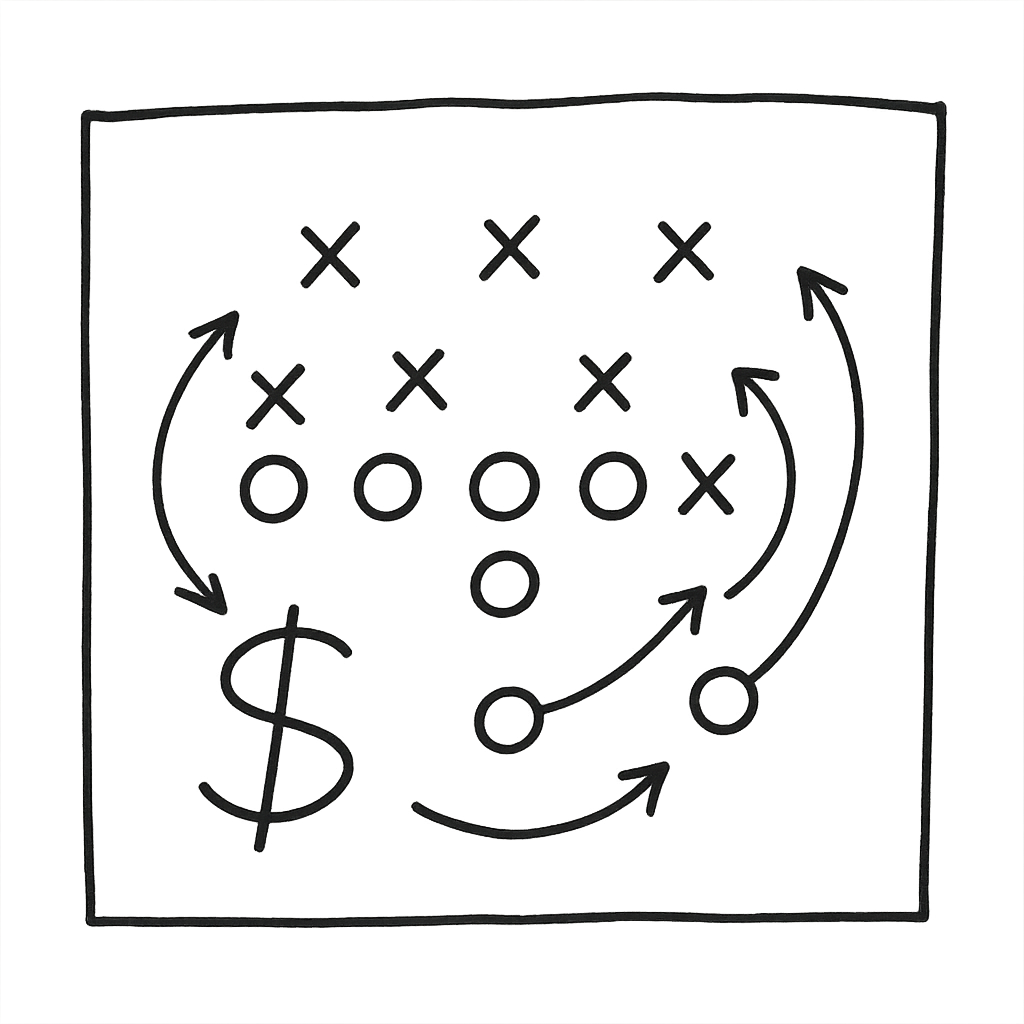BREAKING: A Questionable Deal for TikTok
Tech and politics are inseparable now
One of the primary arguments of this newsletter is that tech is newly downstream of politics. For much of the 2000s-2010s, internet startups mostly operated with impunity, protected by Section 230 and the hope of a better tomorrow that would be ushered in with venture capital dollars. Now, two things have changed:
The dollars are so, so, so much bigger. …




